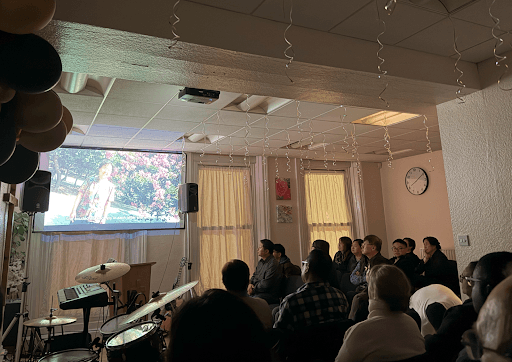Commentary
A fruitful conversation I had recently was about how internet culture, so to speak, will never produce anything of real value that can be passed on, especially when talking about content meant to attract viewers amid a nearly endless amount of material. I do realize that I am casting a wide net when making this point, and many, rightly so, will point out the significant achievements the internet has fostered throughout modern history.





